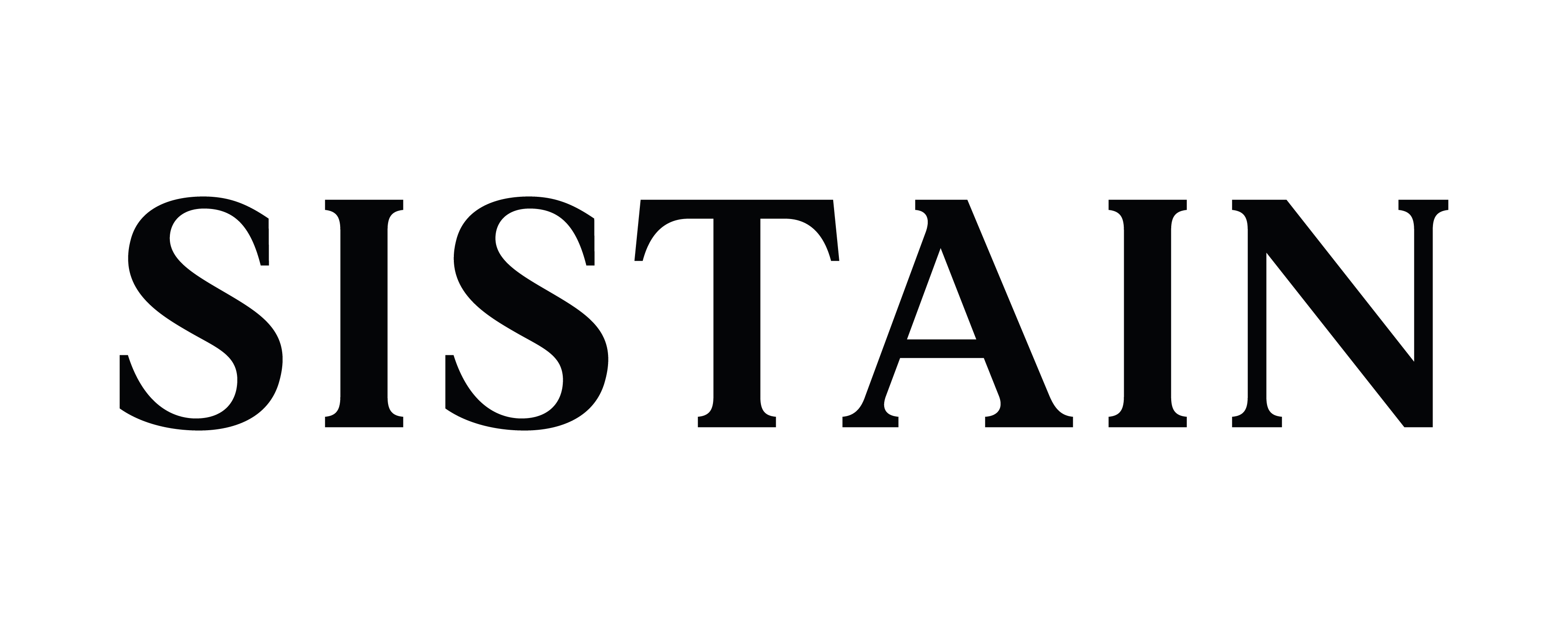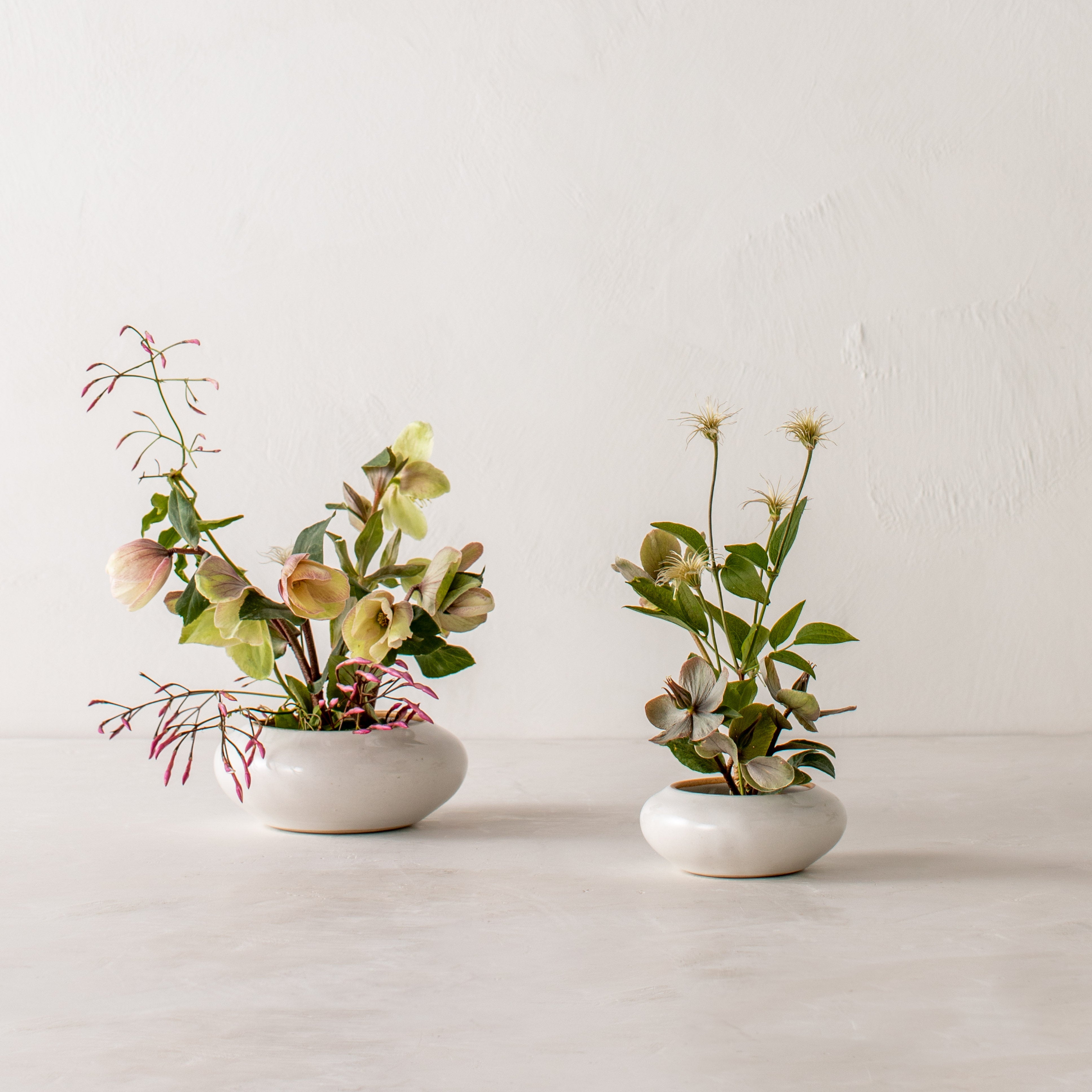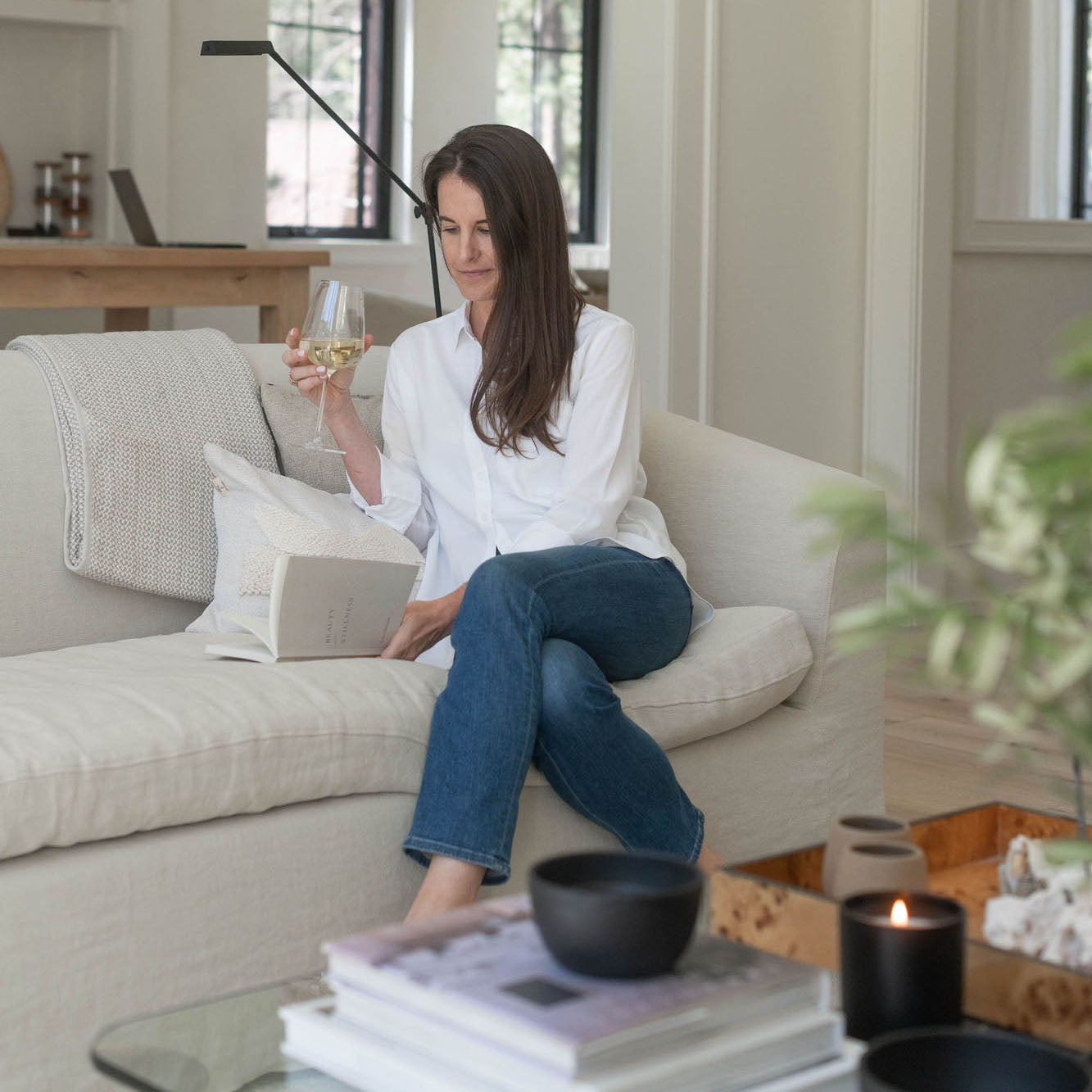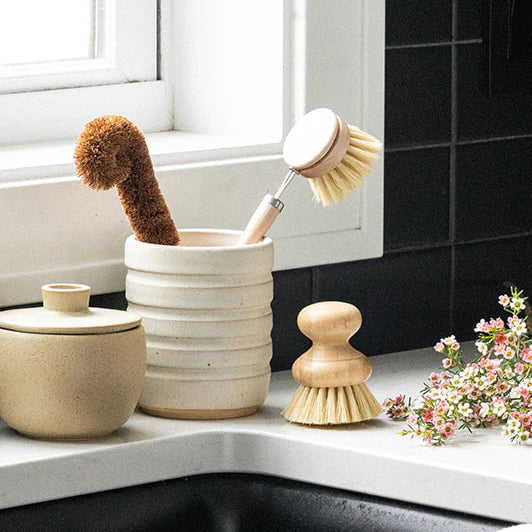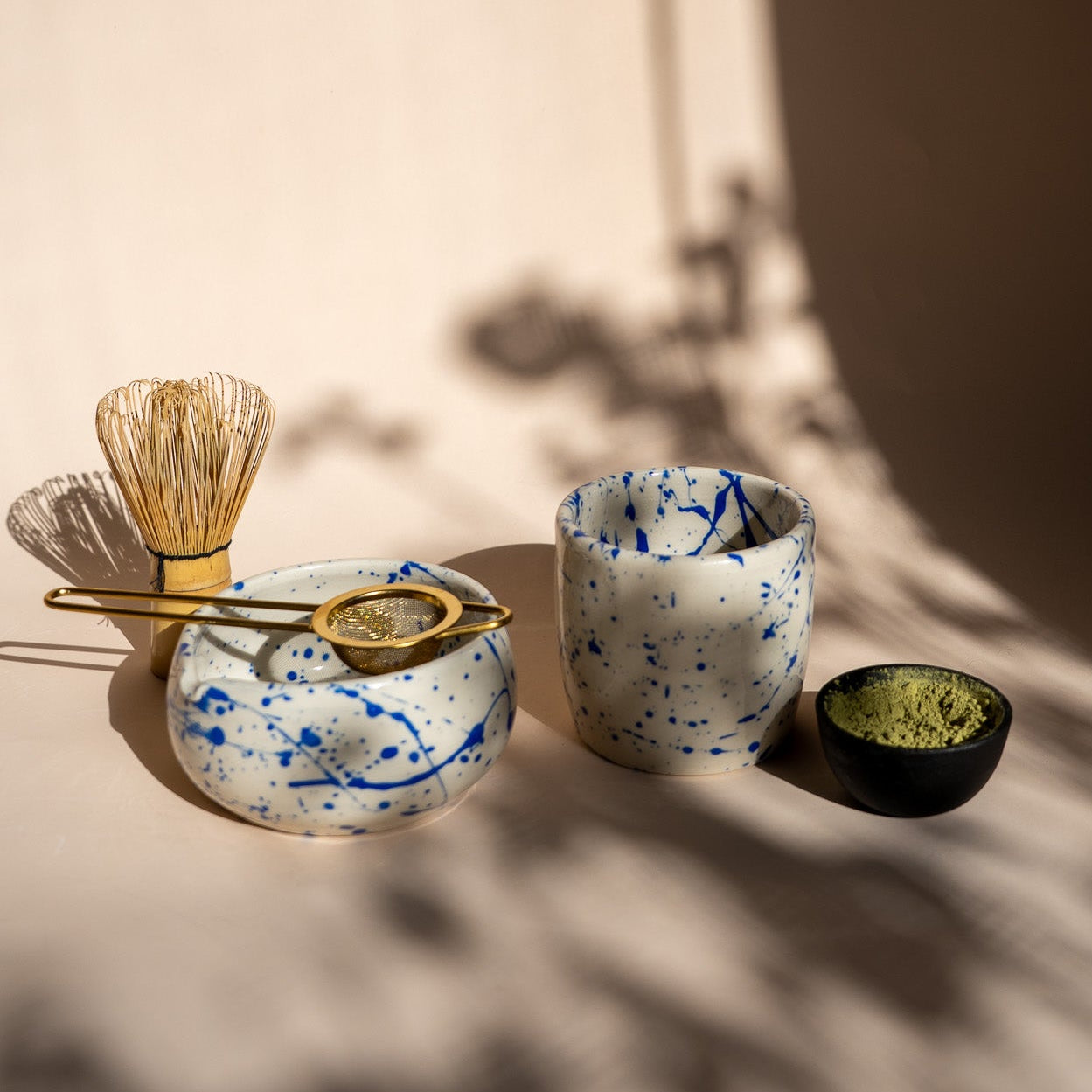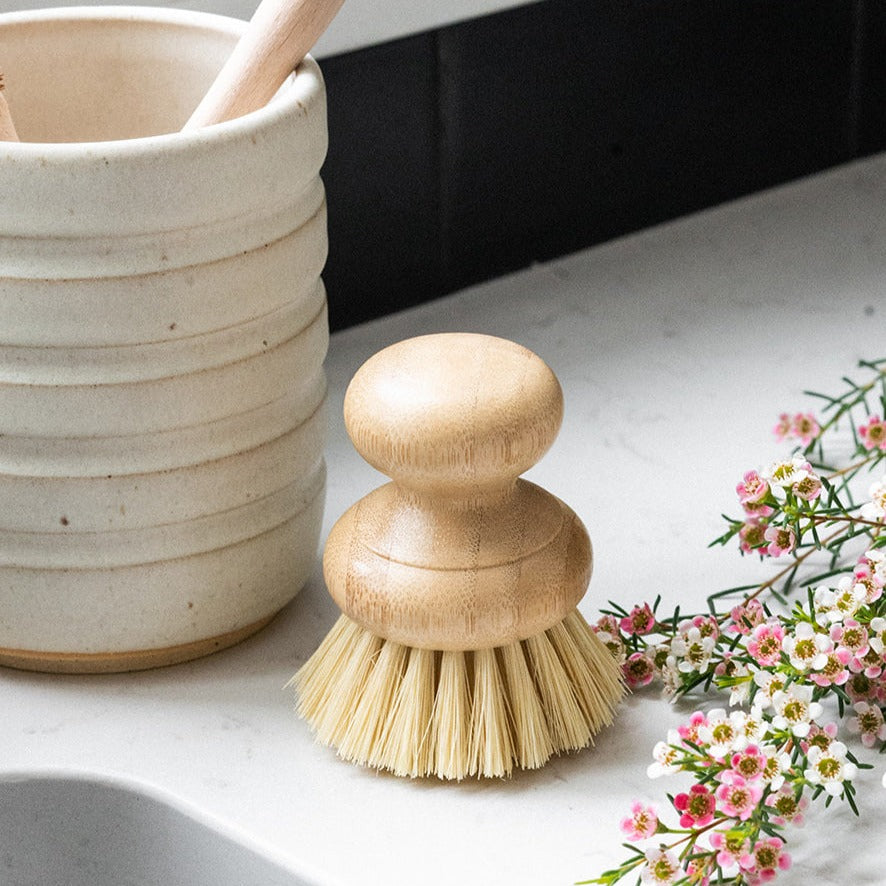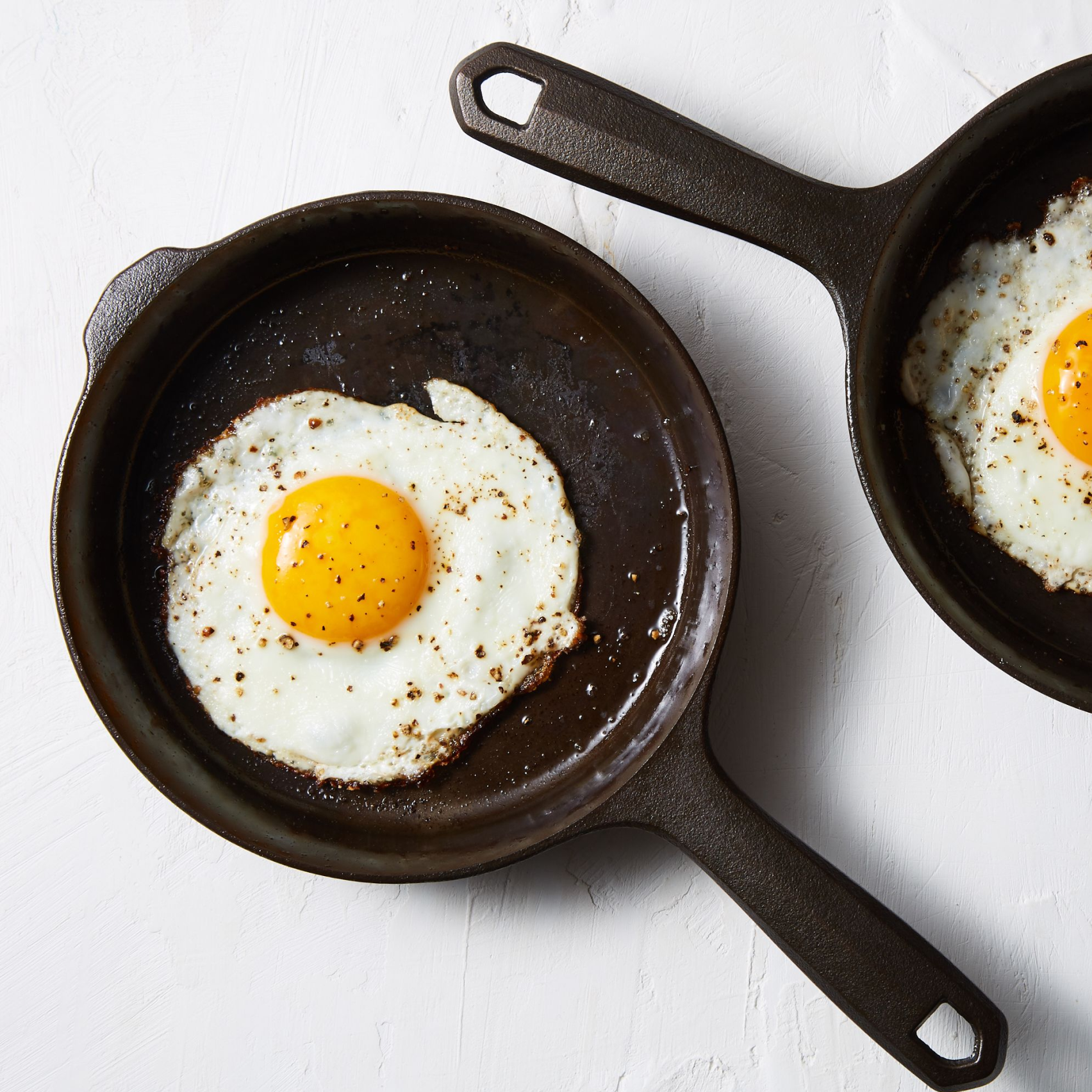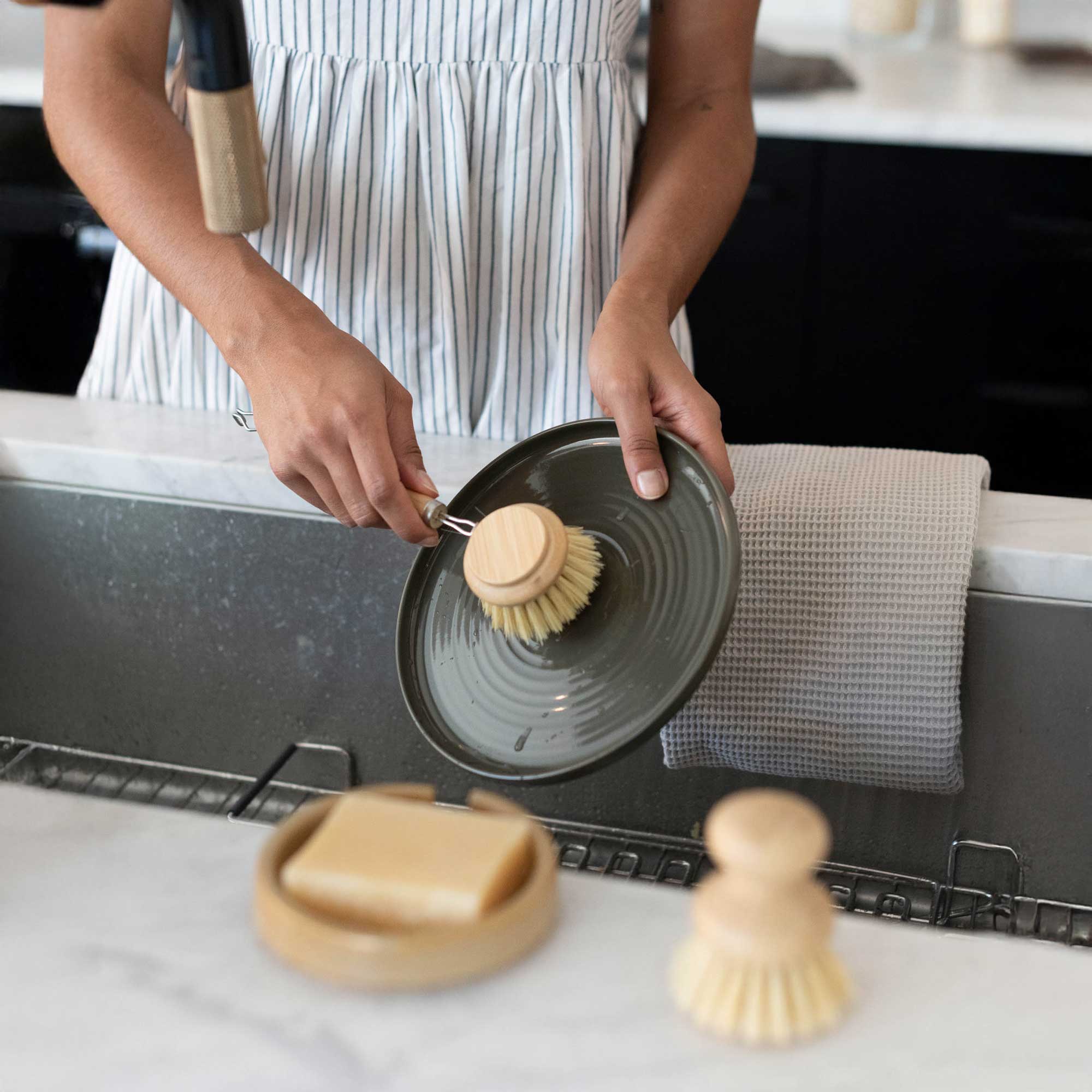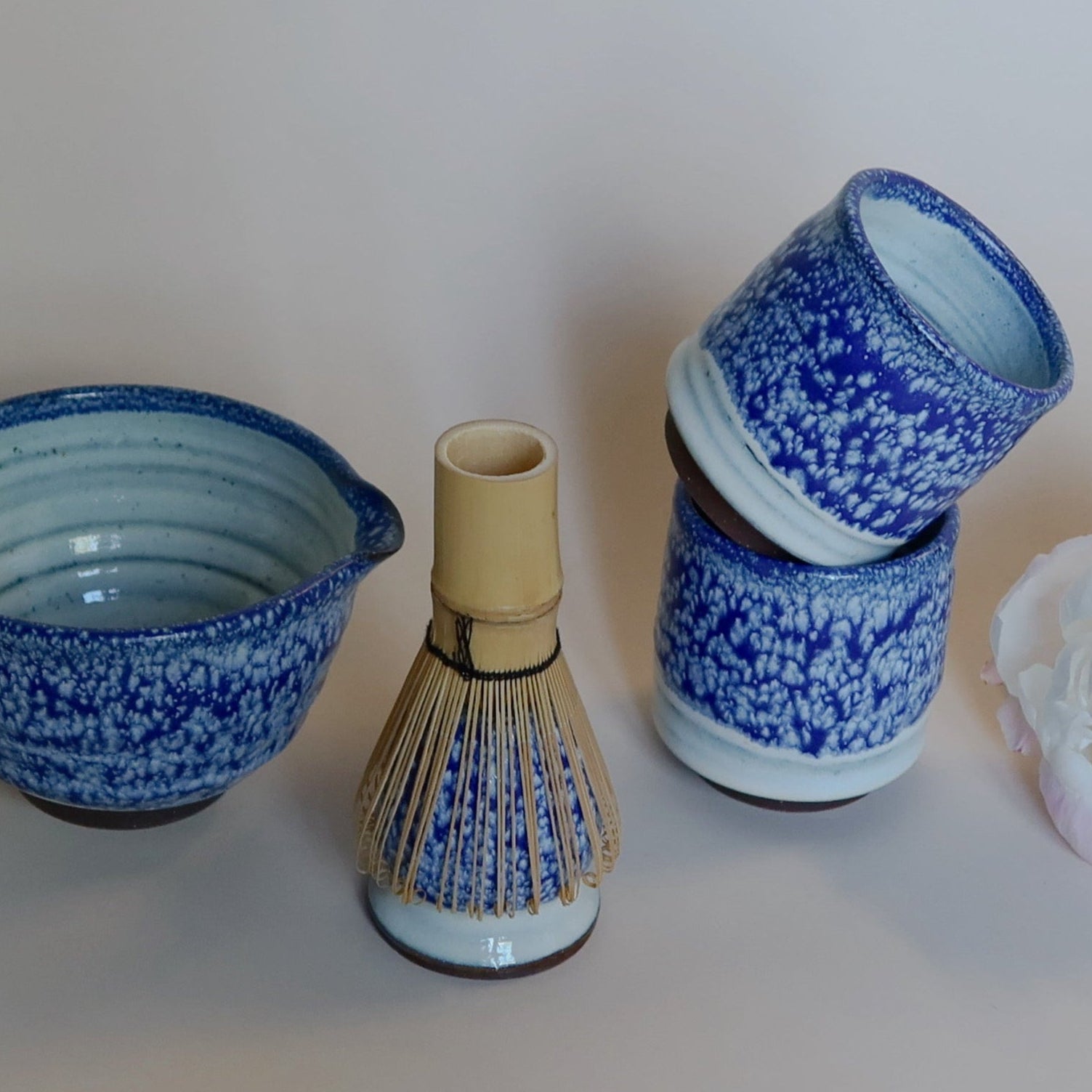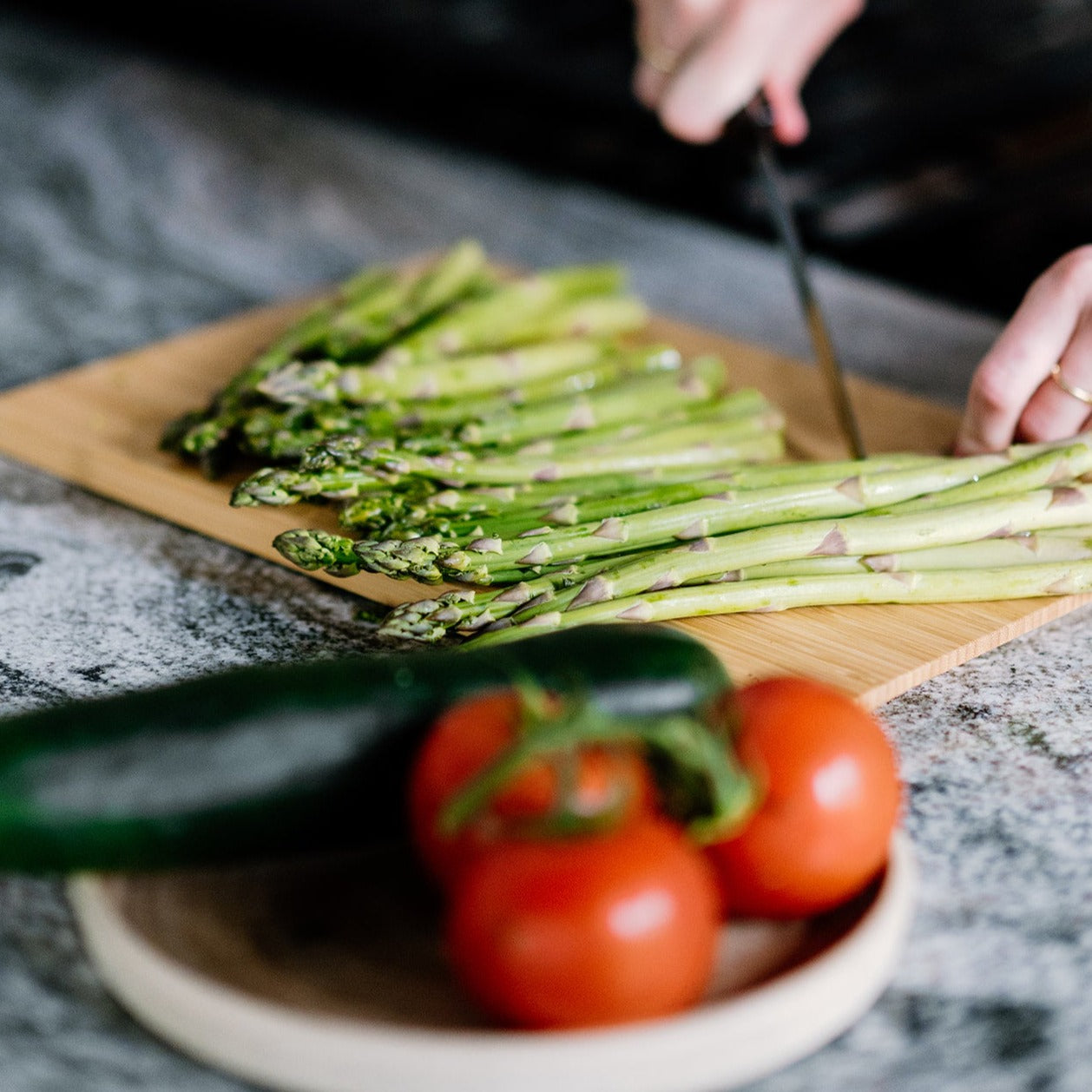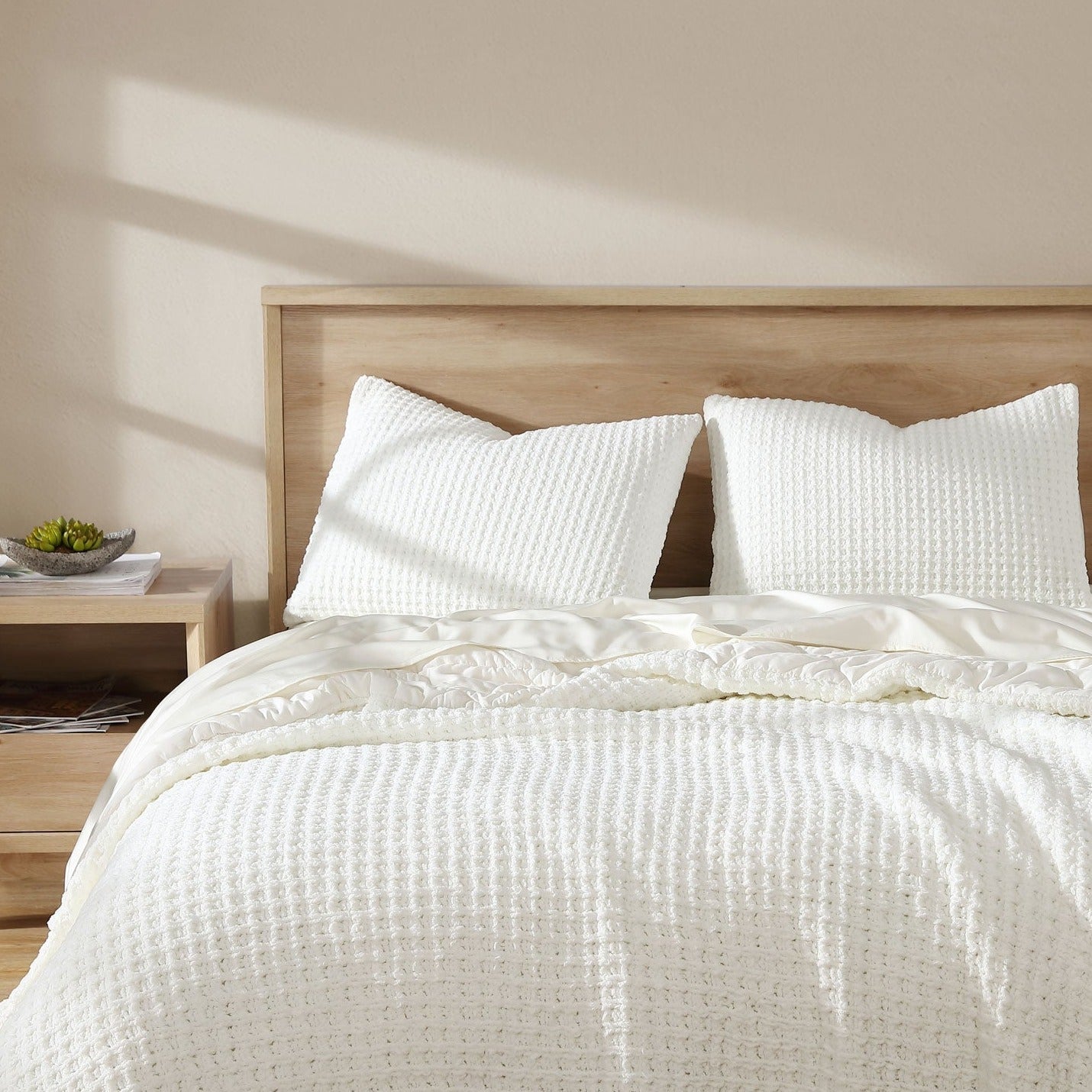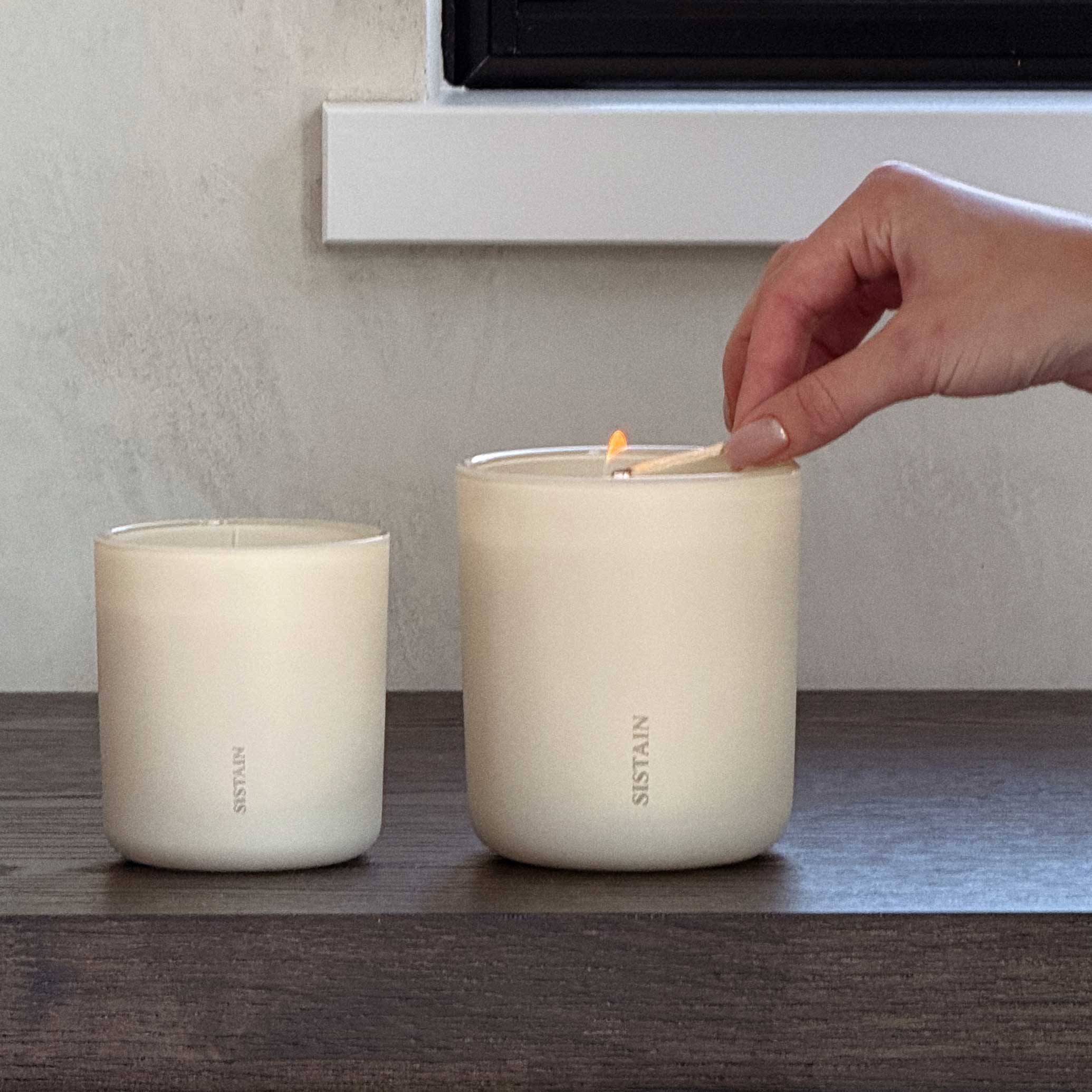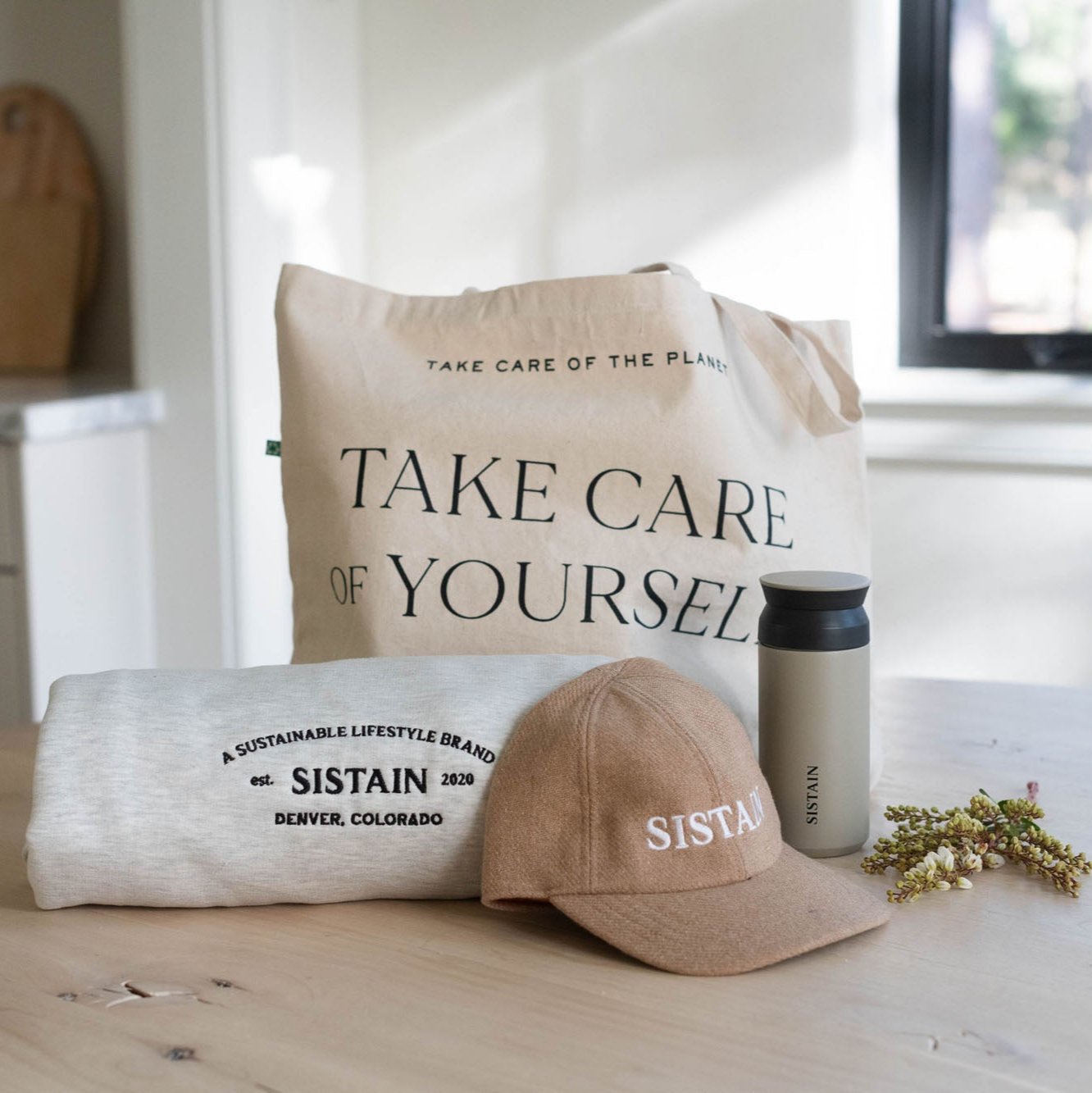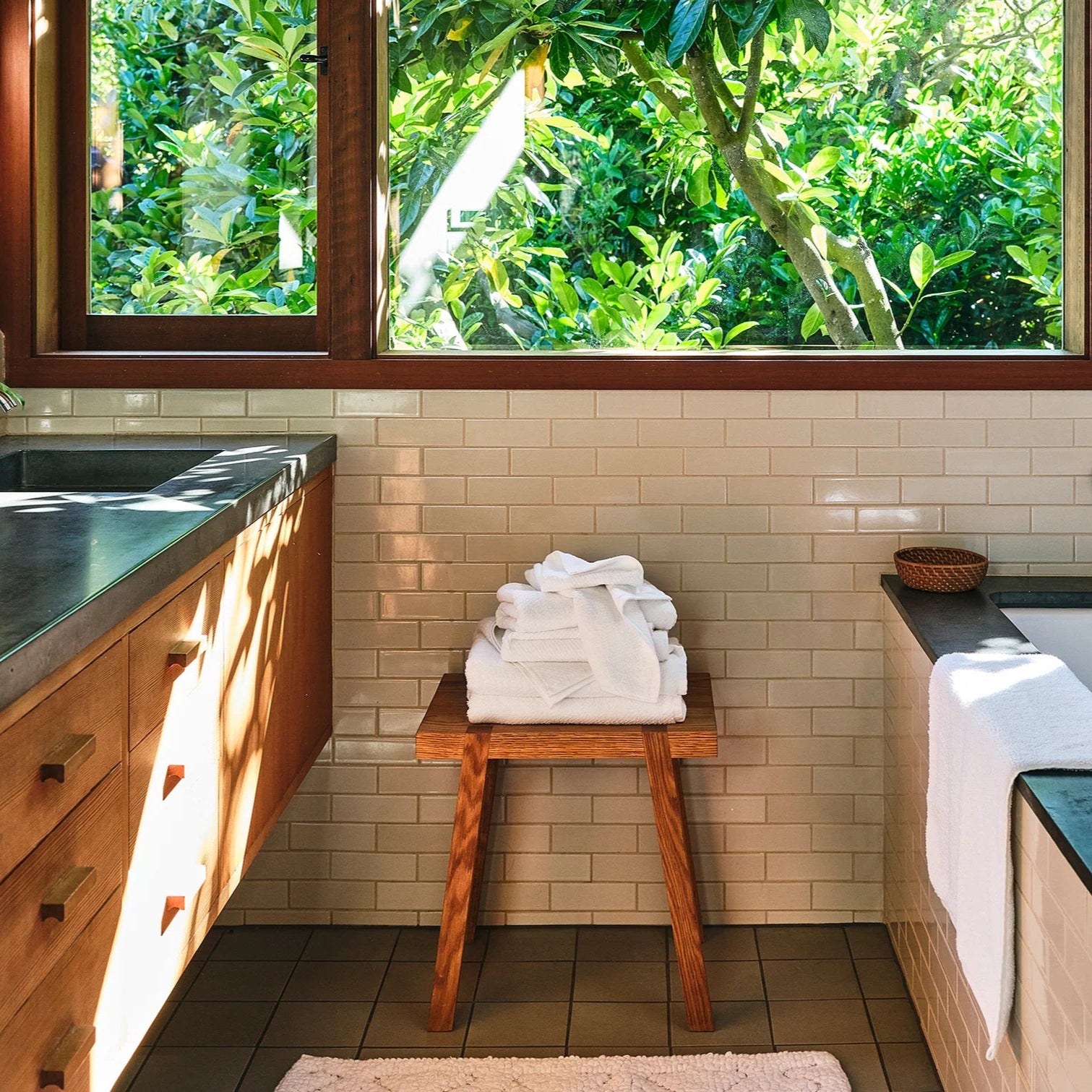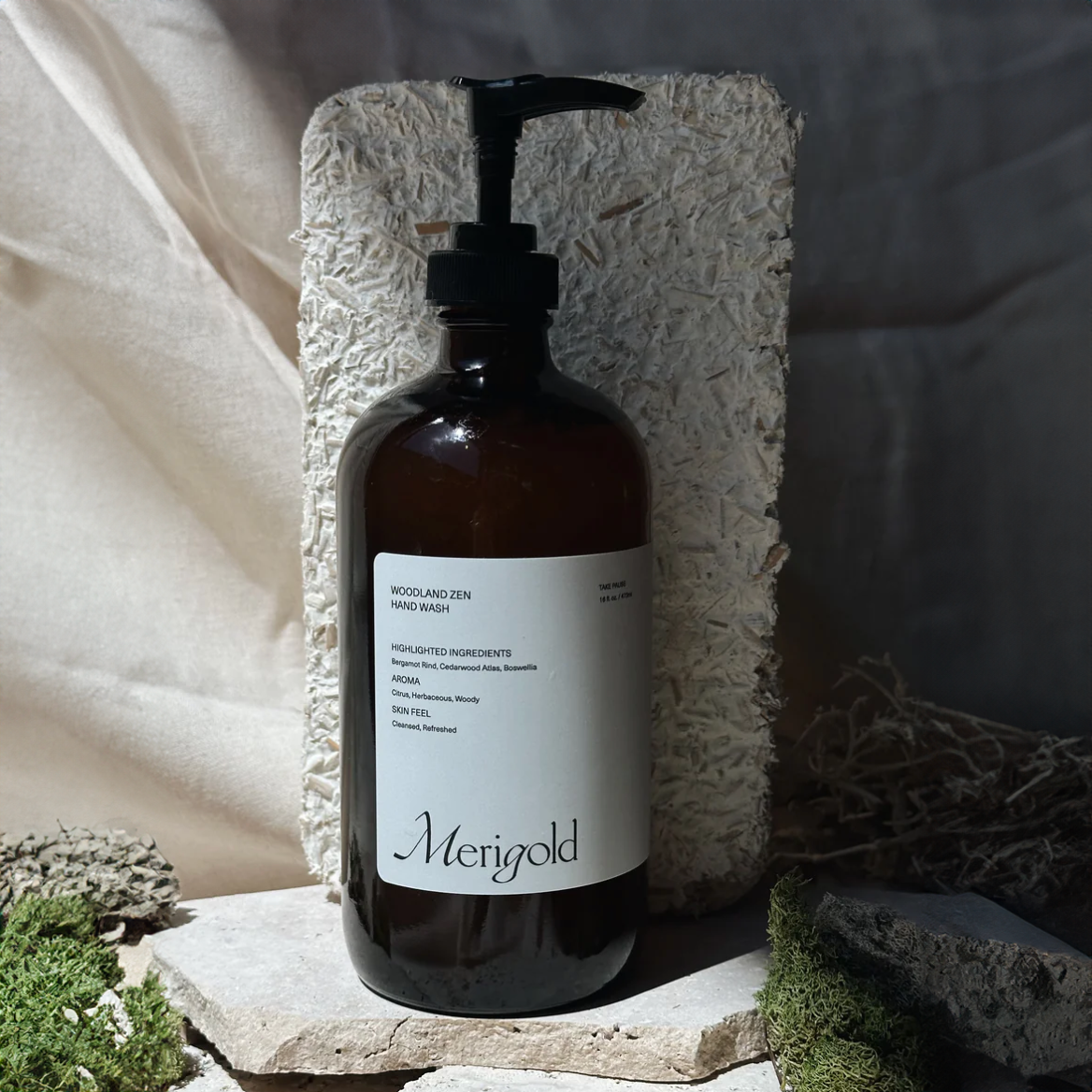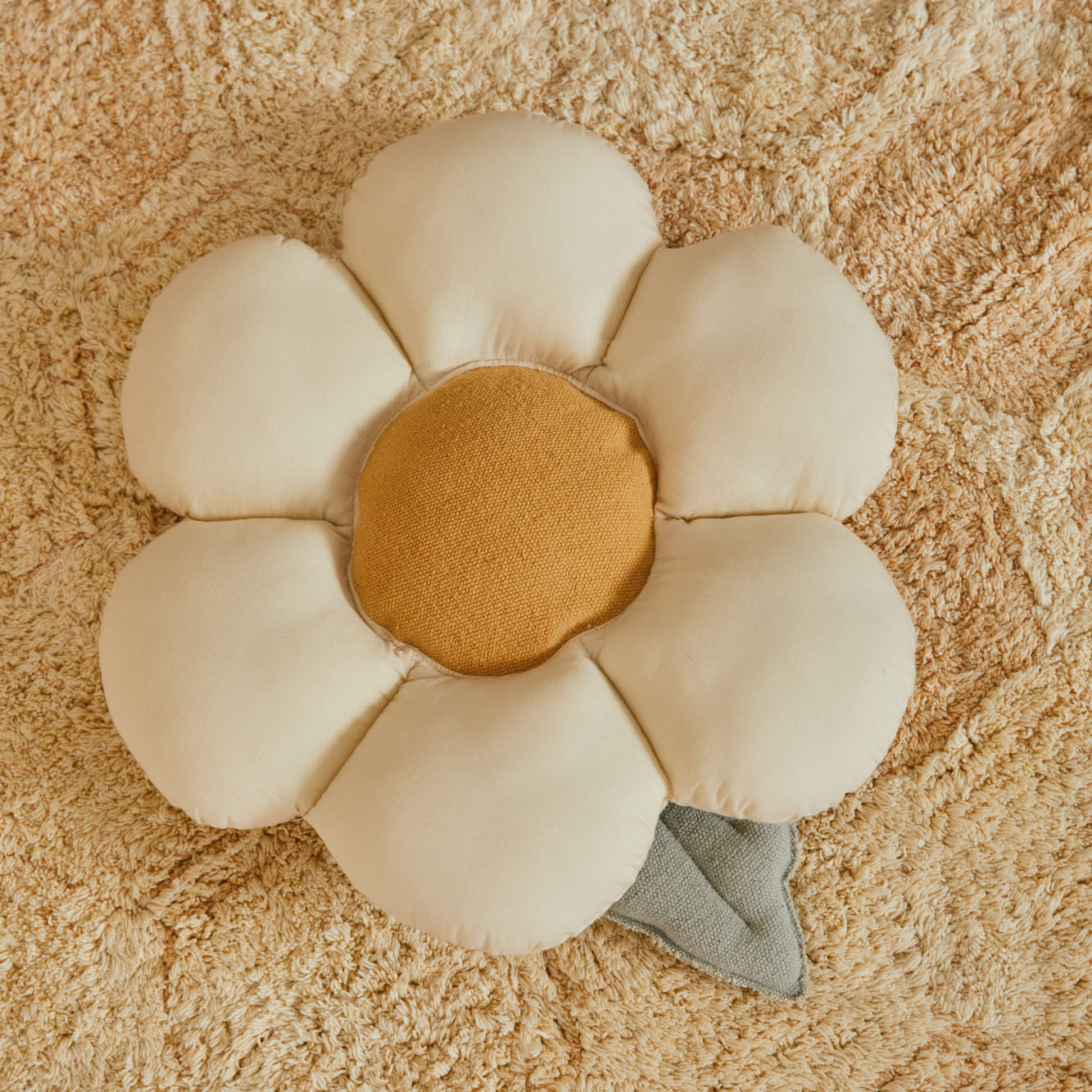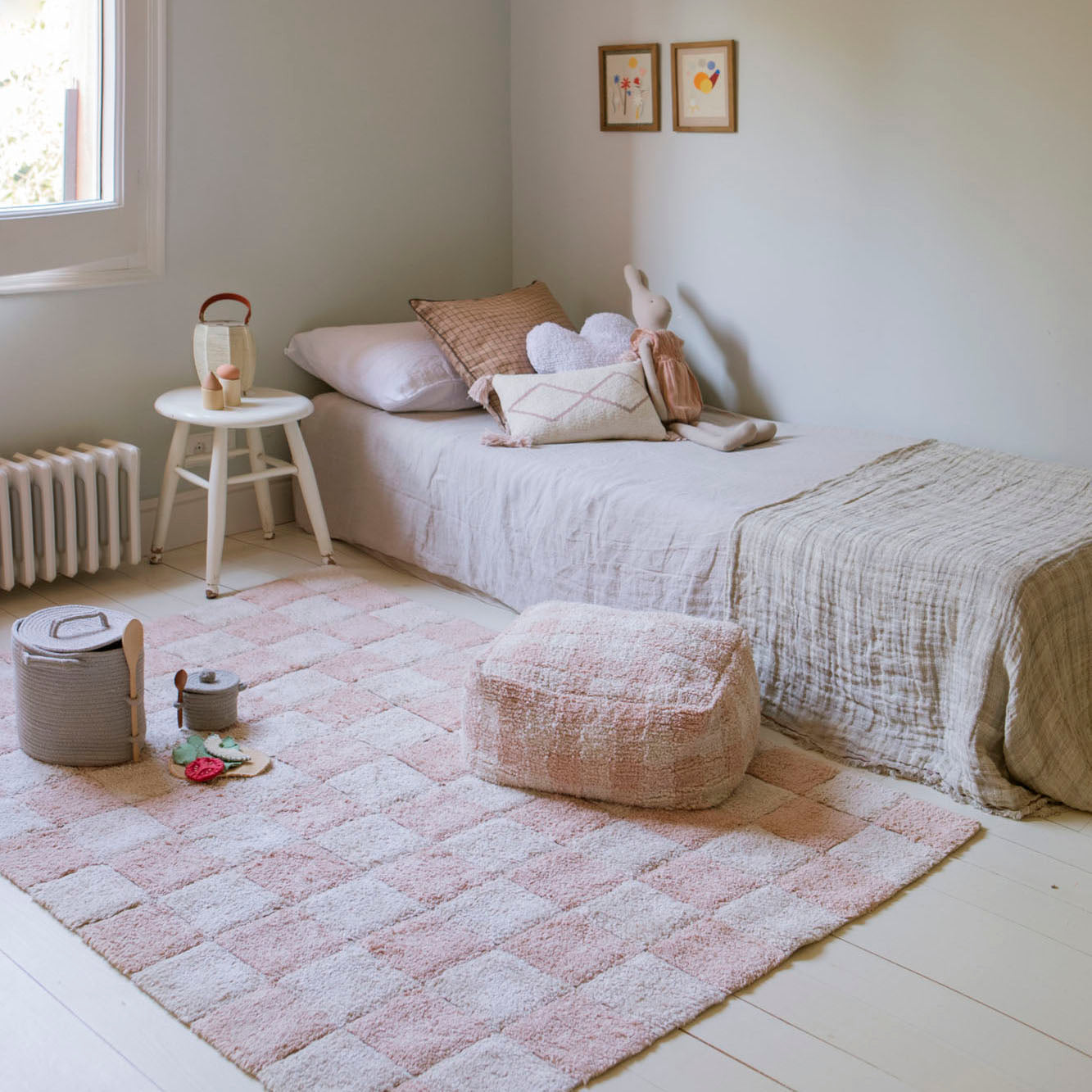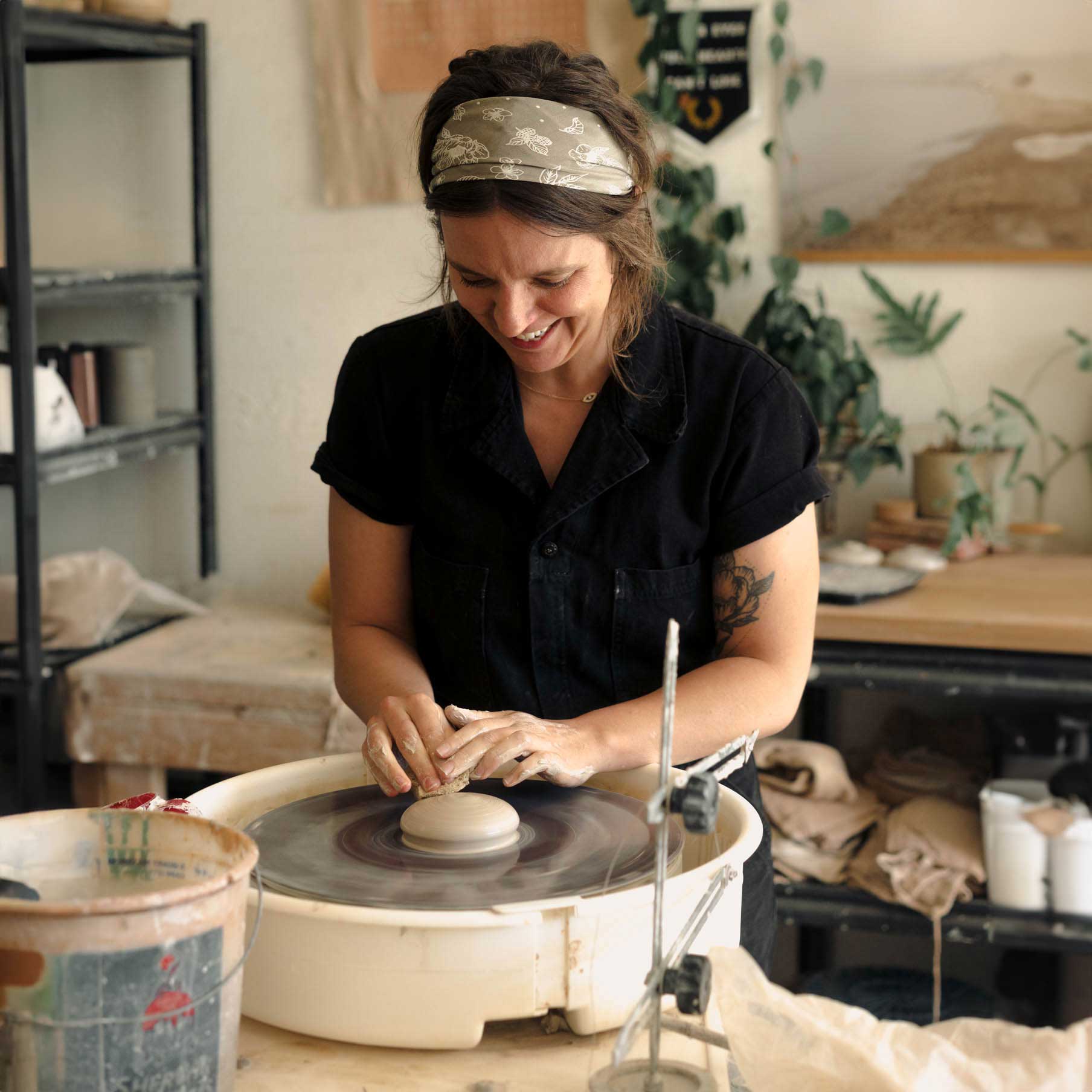5 Non-Toxic Swaps for a Healthy Home in the New Year
As we embark on a new year, many of us are looking for ways to refresh our homes and create a healthier environment. This year, why not focus on making some non-toxic swaps? These simple changes can significantly reduce your exposure to harmful chemicals and create a safer space for you and your family.
HERE ARE 5 NONTOXIC SWAPS TO CONSIDER FOR A HEALTHIER HOME:
1. Ditch Your Black Plastic Cooking Utensils

Researchers found high levels of flame retardants in some of the black plastic utensils, food-storage items and children’s toys that they tested.
People with the highest blood levels of PBDEs—flame retardant chemicals—were approximately 300% more likely to die from cancer as people with the lowest levels, according to an April 2024 study.
Experts advise that people prioritize replacing black plastic kitchenware that comes in contact with hot oils and acids immediately.
Safer Nontoxic Alternatives:
- Wood: Eco-friendly and often free of harmful chemicals.
- Bamboo: A sustainable and renewable alternative.
- Stainless Steel: Easy to clean, durable, and heat-resistant.

2. Ditch Your Plastic Cutting Board
Plastic cutting boards can harbor bacteria in the grooves created by knives. Additionally, studies have shown that cutting on plastic boards can release microplastics into your food. Microplastics are tiny plastic particles. Studies in cell cultures, marine wildlife, and animal models indicate that microplastics can cause oxidative damage, DNA damage, and changes in gene activity, known risks for cancer development.
Safer Nontoxic Alternatives:
- Wooden Cutting Boards: Naturally antimicrobial properties and can be sanded down to remove scratches.
- Bamboo Cutting Boards: Sustainable, renewable resource, and often more affordable than wood.
- Glass or Ceramic Cutting Boards: Non-porous and easy to clean, but can be harder on knives.
Important Note: Regardless of the material, proper cleaning and sanitation are crucial for any cutting board.

3. Swap Teflon & Non-Stick Pans for Alternatives
Teflon, the brand name for polytetrafluoroethylene (PTFE), is toxic. When Teflon-coated cookware is overheated (above 570°F or 300°C), the coating can degrade and release toxic fumes that can cause flu-like symptoms. While PFOA, a previously used chemical in Teflon production, has been phased out due to health concerns, other PFAS chemicals are now used in its place.
PFAS are toxic chemicals that can accumulate in the environment and human bodies, potentially causing immune system problems, reproductive issues, liver damage, and increased cancer risk.
Despite marketing as non-toxic, concerns remain regarding the safety of nonstick cookware like Our Place and Caraway Home due to the potential for PFAS contamination in their ceramic coatings, limited long-term health data on these newer PFAS, and the risk of releasing harmful fumes when overheated. Our recommendation, ditch the non-stick pans altogether and choose safer alternatives.
Safer Nontoxic Alternatives:
- Ceramic-coated cookware: A safe alternative that heats evenly and is easy to clean. We love Xtrema.
- Stainless steel cookware: Durable, versatile, and can last for years. We love All Clad, Made In and 360 Cookware.
- Cast iron cookware: Heats evenly, retains heat well, and can become naturally non-stick over time with proper seasoning. We love Lodge and The Field Company.
- Glass cookware: An inert, non-reactive material that doesn't leach chemicals into food. We love Visions.

4. Get Rid of Artificial Fragrance
Artificial fragrances are found in many household products, including candles, air fresheners, and cleaning supplies. The term "fragrance" on a product label can mask a complex mixture of hundreds of chemicals, many of which are undisclosed due to trade secret protection. These chemicals have been linked to a variety of health problems, including allergies, respiratory issues, and hormone disruption. Some fragrance ingredients have even been linked to cancer in human population.
Safer Nontoxic Alternatives:
- Choose "fragrance-free" or "unscented" products. We love Branch Basics for cleaning and laundry products and NoTox Life for dishwashing.
- Look for products scented with essential oils, such SISTAIN's nontoxic candle. Be sure to check the ingredient list to ensure there are no hidden synthetic fragrances.
- Consider natural alternatives for air freshening, such as opening windows or using houseplants.
Swap out personal care products with non-toxic body washes and clean deodorants that do not contain artificial fragrances. Daily use of artificially fragranced body washes, deodorants and other personal care products can lead to prolonged exposure of these chemicals, increasing the potential for skin irritation and other health concerns. These fragrances can irritate sensitive skin, causing dryness, itching, and rashes.

5. Reduce Single-Use Plastic Use
Single-use plastics are a major source of pollution and can also contribute to microplastic ingestion. A study published in Environmental Science & Technology found that the average person consumes between 78,000 and 211,000 microplastic particles every year, with bottled water being the most significant source of human consumption.
Safer Nontoxic Alternatives:
- Invest in a reusable water bottle and carry it with you wherever you go.
- Avoid single-use plastic containers and opt for reusable alternatives whenever possible.
- Look for products packaged in recycled or recyclable materials.

By making these simple swaps, you can create a healthier and more sustainable home for yourself and your family. Remember, even small changes can make a big difference!
